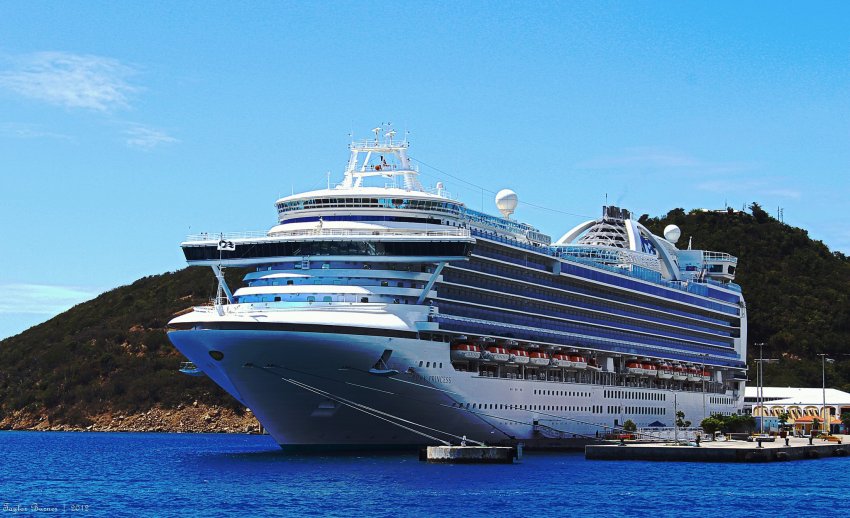
Since at least the devastating Spanish flu of 1918-1919, various factors emanating from capitalist globalisation, characterised by interlinked commodity chains, have contributed to the spread of infectious diseases.
One of these is increasing global interconnectivity, driven by international travel and commerce. Wild foods, such as those in the wet markets of Wuhan and other cities, have become an increasingly formalised sector in the capitalist world system.
Bear in mind, that Wuhan is both a domestic and international hub with, at least prior to COVID-19, more than 100 daily flights to more than 70 countries. As Rob Wallace, Alex Liebman, Luis Fernando Chaves, and Rodrick Wallace observe in their article “COVID-19 and circuits of capital: New York to China and back” in the May issue of Monthly Review, COVID-19 emerged at a regional terminus in the supply line of exotic foods and spread, via planes, trains and ships, to other parts of China and across the globe, initially to large cities and later to smaller cities.
Other factors contributing to the spread of the COVID-19 pandemic are social inequality and urbanisation, where large concentrations of poor people, particularly in developing countries in Asia, Africa, and South America, live in cramped quarters. Social inequality as a by-product of global capitalism results in a lack of adequate nutrition, clean water and healthcare for hundreds of millions of people, particularly in developing societies, but also developed societies. The United States, as the most stratified advanced capitalist country, is a case in point.
Aeroplanes, which were responsible for 5–6% of greenhouse gas emissions prior to COVID-19, were transporting cargo, as well as all sorts of people, including businesspeople, politicians, affluent and middle-class tourists, celebrities, sports teams, academics, students, tourists, military personnel, cheap labour and refugees.
Aeroplanes and cruise ships have become the underbelly of the global tourist industry in both developed and developing societies. The advent of large passenger jets in the 1960s prompted a shift away from ships to aeroplanes. The ocean liner trade, which carried passengers for business, immigration and pleasure, went into terminal decline.
However, cruise ships, which need much closer scrutiny in terms of environmental and health problems, came to replace ocean liners for holiday travel. In December 2018, there were 314 cruise ships, often referred to as floating hotels, with a combined capacity of about 537,000 passengers, along with hundreds of thousands of crew personnel, most of them from developing countries, poorly paid and working under onerous conditions.
The largest cruise ships accommodate more than 5000 passengers. They are powered by bunker oil that results in carbon dioxide and sulphur dioxide emissions. They discharge sewage, grey water, hazardous wastes and other pollutants into the marine environment. The Diamond Princess, which discharged passengers in Yokohama and the Ruby Princess, in Sydney, are two examples of cruise ships as human petri dishes carrying COVID-infected passengers and crew.
The COVID-19 pandemic, thus far, has had broad economic and social consequences, including impacting world stock markets, grounding much international aviation, and silencing global cities. Ironically, COVID-19 initially made its way around the globe with the travel of relatively affluent people, as we have witnessed in Australia. It arrived in India through international travellers, hitting the upper classes before percolating to the poor.
Much of the recent hotel quarantine debacle in Victoria has been traced to two hotels housing returning overseas passengers. The Rydges Hotel in Melbourne quarantined passengers from a small cruise ship to the Antarctic that was detained in Uruguay, and entailed the employment of overworked and untrained security guards, some of whom became infected with COVID-19 and passed it on to their families and into the community.
The outsourcing of security guards constitutes yet another example of the problems with the privatisation of support services, which calls for revisiting their socialisation.
“The seeds of COVID-19 in Melbourne might have been sown first among skiers and international travellers, wrote Ben Schneiders and Royce Millar in their Age article, “A city divided on COVID-19 class lines” on August 9, “but since the hotel quarantine system infected poorly paid and sessional guards, it’s Melbourne’s working-class and northwest where the pandemic has taken root.”
Michael T Osterholm and Mark Olshaker, authors of Deadliest Enemy: Our War Against Killer Germs, predict the possibility of a pandemic much worse than COVID-19, which they term “The Big One”, although they admit it is difficult to say when it might occur.
For the moment, COVID-19 has deflected attention away from climate change, given that it is a more immediate problem. Ironically, it has resulted in the reduction of greenhouse gas emissions from various sources, including production and consumption and air and motor vehicle travel. It has forced many people to adopt what Australian eco-anarchist Ted Trainer terms a “Simpler Way”, although the powers-that-be around the world are doing their utmost to ramp up the capitalist treadmill of production and consumption.
Climate change, however, looms in the background of COVID-19, as was the case with the huge bushfires in south-eastern Australia in 2019–2020, and is presently the case with the huge bushfires in California and the hurricane and storm surges on the US Gulf Coast.
Needless to say, the COVID-19 pandemic and anthropogenic climate change illustrate the need to transcend the capitalist world system with an ecosocialist one.
[Hans Baer is an ecological and health anthropologist based at the University of Melbourne and author of Democratic Eco-Socialism as a Real Utopia: The Need for an Alternative World System (2018).]